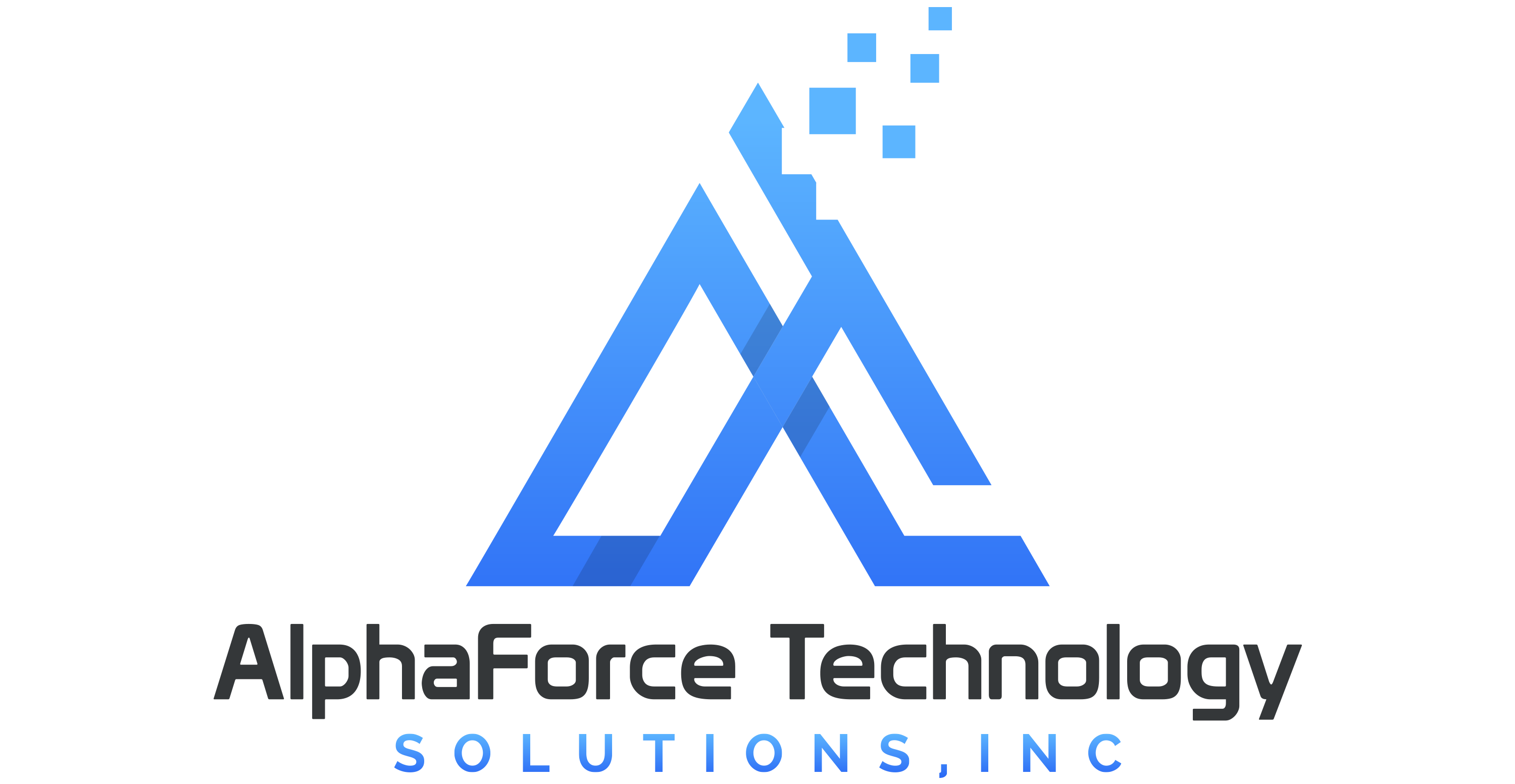In nisl nisi scelerisque eu
Lorem ipsum dolor sit amet, consectetur adipiscing elit, sed do eiusmod tempor incididunt ut labore et dolore magna aliqua. Quisque egestas diam in arcu cursus euismod quis viverra.Lorem ipsum dolor sit amet, consectetur adipiscing elit,

Science Jobs
Engineering
Web Developer
Web developers should have in-depth knowledge of internet protocols and applications, in addition to a solid understanding of business strategy.
They need strong communication skills and the ability to work both individually and as part of a team.
Employers typically seek individuals with several years of developer experience. Sample code and web links to sample work are often requested.
Candidates should be well versed in web technologies, software and tools, such as AJAX, ColdFusion, JavaScript, SOAP, HTML/DHTML, LAMP and others.
Typical duties of a web developer
Gathering business requirements and developing specifications for web-based applications
Providing technical assistance to web administrators
Integrating websites with back-end systems such as databases
Writing test plans and test results
Engineering
Programmer Analyst
Candidates must understand and be able to conceptualize applications from both a technical/programming perspective and a business point of view.
Excellent programming abilities in common languages and frameworks, such as C#/C++, Java Enterprise Edition/AJAX and Microsoft .NET, are needed for the coding aspects of the position.
Candidates must have strong analytical and problem-solving abilities, along with good interpersonal and communication skills.
Typical duties for a programmer analyst
Analyzing business application requirements for functional areas such as finance, manufacturing, marketing or human resources
Writing code, testing and debugging software applications
Recommending system changes and enhancements
Documenting software specifications and training users
Engineering
Help Desk Technician
All help desk personnel need excellent problem-solving, communication and interpersonal skills, along with patience, a customer-friendly attitude and the ability to work in a team environment.
In addition, technicians should have a strong technical understanding of technology, including the various hardware, software and networking systems being supported.
Employer requirements depend on the help desk position level.
Tier 1, an entry-level position, normally requires less than two years of work experience and may require an associate’s degree or completion of coursework at a technical school.
Tier 2 jobs typically require two to four years of work experience and may require a bachelor’s degree or a two-year degree and additional, equivalent work experience in a help desk setting.
Tier 3 positions often require four or more years of help desk experience, may require a bachelor’s degree in computer science or a related field, and/or professional certifications such as HDI’s Customer Service Representative or Support Center Analyst or the Microsoft Certified Systems Engineer (MCSE) designation.
Typical duties of a help desk technician
Tier 3
Researching and resolving the most difficult and complex problems that other help desk levels have been unable to resolve
Analyzing and identifying trends in issue reporting and devising preventive solutions
Mentoring other help desk personnel on hardware and software problem analysis and resolution
Tier 2
Resolving more complex issues requiring detailed systems and applications knowledge; these issues have been escalated from Tier 1
Deciding whether to generate a trouble or work order ticket for issues that will require a visit to the user’s PC or workstation
Tier 1
Taking initial telephone or email inquiries and troubleshooting and managing relatively simple hardware, software or network problems
Recognizing and escalating more difficult problems to Tier 2 support
Logging call activity
Engineering
Systems Engineer
In addition to in-depth knowledge of the technology being used, engineers need advanced analytical, troubleshooting and design skills.
The ability to communicate complex information to technical and nontechnical users, including management, is also essential.
Employers may require extensive knowledge of the development process, including specific documentation and quality assurance.
Employers generally prefer candidates with five or more years of engineering experience working with the specific hardware and software systems used by the company.
Typical duties of a systems engineer
Developing, maintaining and supporting technical infrastructure, hardware and system software components
Performing installation, maintenance and support of system software/hardware and user support
Configuring, debugging and supporting multiple infrastructure platforms
Performing high-level root-cause analysis for service interruption recovery and creating preventive measures
Engineering
Network Architect
Successful candidates need an extensive background in all aspects of networking technology and must possess excellent communication skills.
Employers generally seek at least seven years of experience with network operating systems such as Cisco, Novell and Windows Server. A networking certification from sources such as Cisco, Microsoft or Novell also is highly valued.
Network architects should also have experience working with routers, switches, cabling and other essential network hardware.
Typical duties of a network architect
Assessing business and applications requirements for corporate data and voice networks
Planning, designing and upgrading network installation projects
Establishing and maintaining backup, version-control and viral defense systems
Troubleshooting network architecture and making recommendations for system findings and enhancements
Making recommendations for leveraging network installations and reducing operational costs
Engineering
Front End Developer
Understanding of layout aesthetics and programming is a must.
Proficiency in cascading style sheets (CSS), HTML, JavaScript and jQuery is required.
Previous work experience in website design or development may be required.
Typical duties of a front end developer
Developing appealing and user-friendly web and mobile-based applications
Writing web pages and providing website maintenance and enhancements
Producing functional requirement documents and specifications and creating quality mockups and prototypes on tight timelines
Building CSS that are consistent across all browsers and platforms and maintaining graphic standards and branding throughout a product’s interface
Engineering
Staff Accountant
Successful systems analyst candidates must be excellent analytical thinkers and problem solvers, as well as effective communicators.
A broad understanding of, and experience working with hardware and software systems, including their installation, maintenance and life cycles is required.
Employers look for five or more years of experience working with specific applications and/or operating systems.
Typical duties of a systems analyst
Analyzing systems hardware and software problems and developing technical solutions
Translating user and/or systems requirements and information into functional technical specifications
Writing and maintaining detailed systems documentation, including user manuals and technical manuals
Acting as a liaison between developers and end users to ensure technical compatibility and satisfaction
Engineering
Mobile Application Developer
Mobile application developers need strong analytical and problem-solving capabilities.
Employers require previous experience building mobile applications and mobile websites for Android, iOS, Symbian, Windows Mobile or Windows Phone.
Common languages and platforms include Java, Java EE, Java ME, JavaScript, JSON, Objective-C, .NET and HTML.
Typical duties of a mobile application developer
App coding, testing, debugging, documenting and monitoring
Interacting with different departments within the organization regarding new deployments
Contributing to the development of project schedules and workflows
Recommending changes and enhancements to software applications
Engineering
Desktop Support Analyst
Successful candidates should be customer service-oriented and proactive in anticipating and resolving problems while maximizing efficient use of computing resources.
Extensive experience with desktop hardware, software applications, operating systems and network connectivity is required.
Although some employers are willing to substitute work experience for formal education.
Additional requirements may include professional certifications from entities such as HDI (Desktop Support Technician or Support Center Analyst), CompTIA or Microsoft (Microsoft Certified IT Professional or Microsoft Certified Systems Administrator).
Typical duties of a desktop support analyst
Maintaining an inventory of installed software, managing software licensing, and creating policies and procedures for upgrades
Working with hardware and software vendors to verify timely product delivery and ensuring that new equipment is installed and ready to operate on schedule
Analyzing and making recommendations for hardware and software standardization
Creating user accounts and managing access control based on company policies
Engineering
Software Developer
Successful candidates should be detail oriented and have excellent problem-solving and analytical abilities.
Good communication skills and the ability to work independently and as part of a development team are required.
A minimum of two to three years of programming experience is a typical requirement. Equally important are programming skills in languages and frameworks such as C#/C++, HTML, Java/Java Enterprise Edition, Microsoft .NET and SQL Server.
Typical duties of a software developer
Coding, testing and debugging programs according to computer engineering specifications
Modifying, expanding and updating applications
Communicating with a team that includes analysts, engineers and quality assurance testers in order to coordinate and document application development and testing
Developing software prototypes
Engineering
Information Systems Security Manager
Successful candidates should have a strong technical background in systems and network security, along with excellent interpersonal and leadership abilities.
Superior analytical and problem-solving skills, as well as exceptional written and verbal communication skills, are also essential.
It is important that candidates keep abreast of industry security trends and developments, as well as applicable government regulations.
Employers normally seek five or more years of systems and network security experience. One or more years of managerial experience may also be required. Industry certifications such as the Certified Information Systems Security Professional (CISSP) or the CompTIA Security+ also are commonly sought by employers.
Typical duties of an information systems security manager
Providing leadership, guidance and training to information systems security personnel
Reviewing, implementing, updating and documenting companywide information security policies and procedures
Managing security audits and vulnerability and threat assessments, and directing responses to network or system intrusions
Ensuring fulfillment of legal and contractual information security and privacy mandates, including providing executive management with compliance reports and audit findings
Preventing and detecting intrusion
Engineering
Database Administrator
Candidates for the database administration role need a strong information technology foundation in database structure, configuration, installation and practice.
Employers seek individuals with knowledge and experience in major relational database languages and applications, such as Microsoft SQL Server, Oracle and IBM DB2.
Professional certifications from Microsoft, Oracle and others are also valuable.
Effective database management requires a keen attention to detail, a strong customer service orientation and the ability to work as part of a team.
Typical duties of a database administrator
Managing, monitoring and maintaining company databases
Making requested changes, updates and modifications to database structure and data
Ensuring database security, integrity, stability and system availability
Maintaining database backup and recovery infrastructure
Customer Testimonials
Lorem ipsum dolor sit amet, consectetur adipiscing elit, sed do eiusmod tempor incididunt ut labore et dolore magna aliqua. Viverra accumsan in nisl nisi scelerisque eu ultrices vitae auctor.
Lorem ipsum dolor sit ameti
Lorem ipsum dolor sit amet, consectetur adipiscing elit, sed do eiusmod tempor incididunt ut labore et dolore magna aliqua. Viverra accumsan in nisl nisi scelerisque eu ultrices vitae auctor.
Lorem ipsum dolor sit amet, consectetur adipiscing elit, sed do eiusmod tempor incididunt ut labore et dolore magna aliqua. Viverra accumsan in nisl nisi scelerisque eu ultrices vitae auctor.
Our Posts
-
All About Telecom OSS
-
Augmented Reality In Everyday Applications
-
Tips for creating a killer technical resume
-
The benefits of using a contingent workforce
-
The benefits of staffing and its types
-
What is data analytics and how is it used?
-
Big Data on Amazon Web Services
-
Are you at risk for age discrimination?
-
The Tech Industry Tenure Crisis

